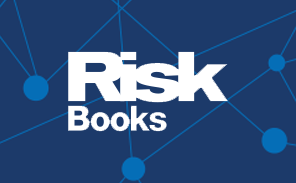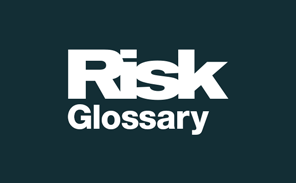Credit risk model management
View AgendaKey reasons to attend
- Explore the impact of Basel 3.1 and International Financial Reporting Standard 9 (IFRS 9) on credit risk modelling
- Learn how to develop a robust model validation framework
- Discover stress-testing techniques for credit risk portfolios across diverse economic scenarios
Customised training
Does your team require a tailored learning solution?
We partner with leading tutors and Risk.net’s editorial team to design learning solutions that drive real impact for your team, every step of the way.
About the course
This course provides insights into the effective management of credit risk models, focusing on the latest Basel 3.1 and IFRS 9 requirements. Participants will deepen their understanding of key estimation techniques, learn best practices in stress-testing across portfolio types and explore strategies for adapting models to economic shifts.
Through discussions on AI applications in credit risk modelling and guidance on model validation, attendees will learn to enhance model accuracy and transparency. The course also covers essential governance practices, including risk appetite, policy development and adherence to evolving regulatory standards.
Subject matter experts will address the unique challenges posed by both high- and low- default portfolios, equipping participants with the skills to optimise risk frameworks and build resilience in today’s dynamic economic landscape.
Pricing options:
- Early-bird rate: save up to $800 per person by booking in advance
- 3-for-2 rate: save over $3,000 by booking a group of three attendees
- Subscriber reward: save 30% off the standard rate if you are a Risk.net subscriber
- Season tickets: cost-effective option for groups of 10 or more. Learn more
*T&Cs apply
Learning objectives
Examine the evolving landscape of model risk management
Leverage artificial intelligence (AI) and machine learning to improve model accuracy
Discuss estimation techniques for high- and low-default portfolios
Explore strategies for handling missing scoring data and ratings assessments
Investigate the challenges associated with low-default portfolios under stress
Discover best practices for developing a credit risk appetite
Who should attend
Employees whose job responsibilities may include but are not limited to:
- Credit risk
- Risk modelling
- Risk management
- Model risk management
- Machine learning
- stress testing
Agenda
April 14–16, 2026
Live online. Timezones: Emea/APAC
November 10–12, 2026
Live online. Timezones: Emea/Americas
Agenda coming soon
Expand your learning
The premier meeting place for the risk community. Providing clarity and guidance on the fast-changing regulatory landscape of capital, credit and market risk, liquidity and derivates use.
Risk Journals deliver academically rigorous, practitioner-focused content and resources for the rapidly evolving discipline of financial risk management.
Risk Books are authored by leading professionals and academics. With over 150 books spanning 1,000s of chapters, our publications team is committed to connecting readers with these world class experts.
Regularly updated by our team analysts, journalists and producers, our glossary demystifies the terminology and acronyms used in risk management, risk transfer, policy, technology and innovation.



